
T. Kennedy Dalziel
Scottish surgeon T.K. Dalziel (1861–1924) early description of Crohn’s disease, led children’s surgery in Glasgow, and was knighted for WWI medical service.

Scottish surgeon T.K. Dalziel (1861–1924) early description of Crohn’s disease, led children’s surgery in Glasgow, and was knighted for WWI medical service.
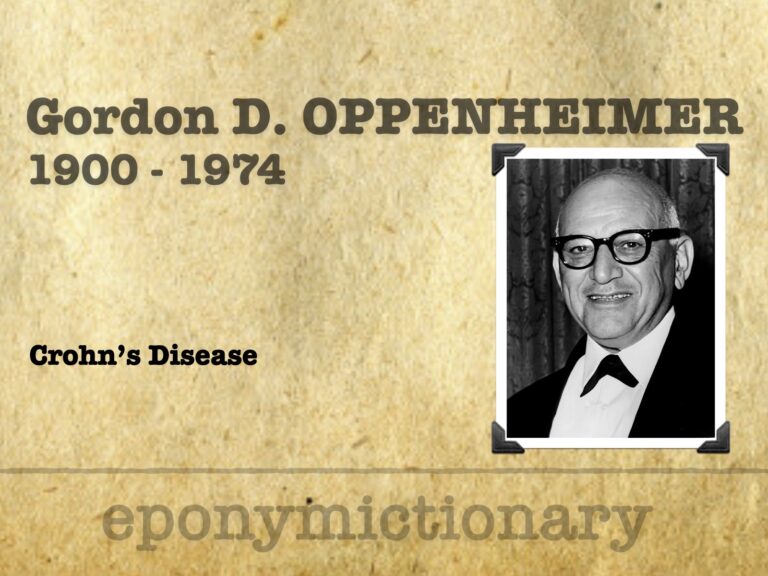
Gordon David Oppenheimer (1900 - 1974) was an American surgeon and urologist.
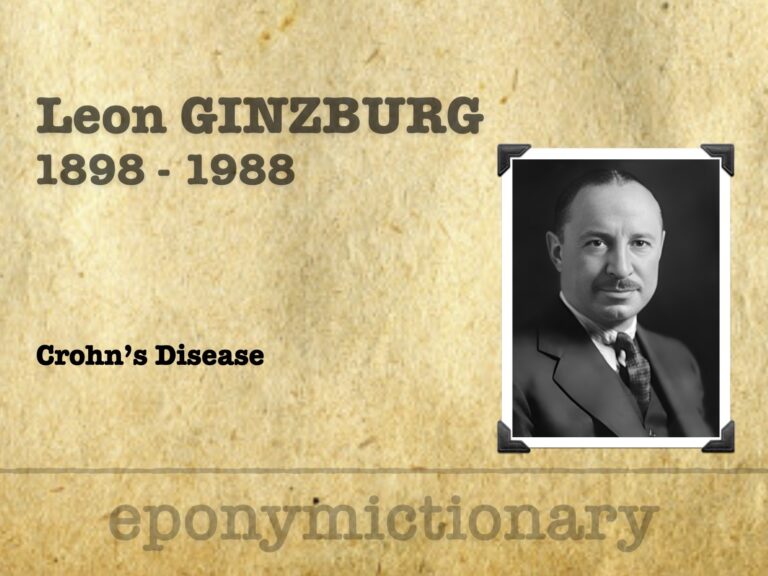
Leon Ginzburg (1898–1988), American surgeon Mount Sinai and Beth Israel; co-describer of regional ileitis (Crohn’s disease).

John Abercrombie (1780–1844), Scottish physician, pioneered neuropathology and GI research, and described early cases resembling Crohn’s disease in 1828
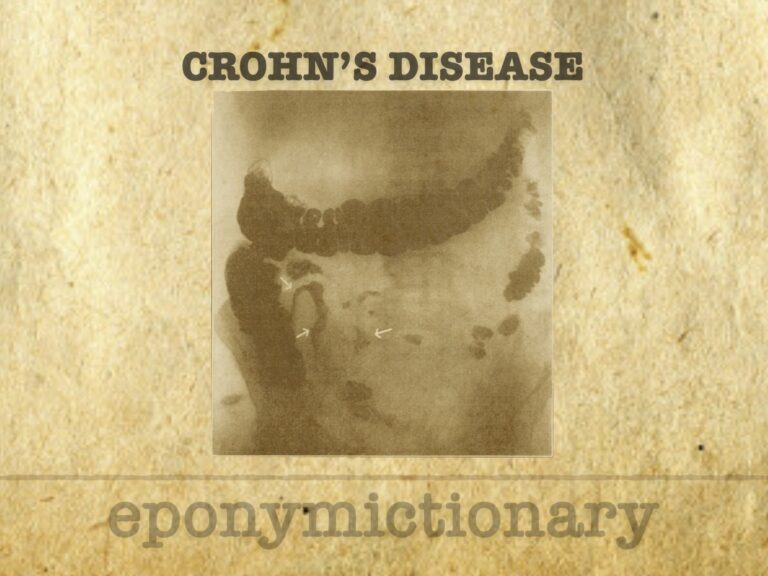
Chronic inflammatory bowel disease affecting the GI tract, Crohn’s disease was first defined in 1932 but described decades earlier by Dalziel and others

Burrill B. Crohn (1884–1983), pioneering gastroenterologist and namesake of Crohn’s disease. Discover his life, work, and medical legacy
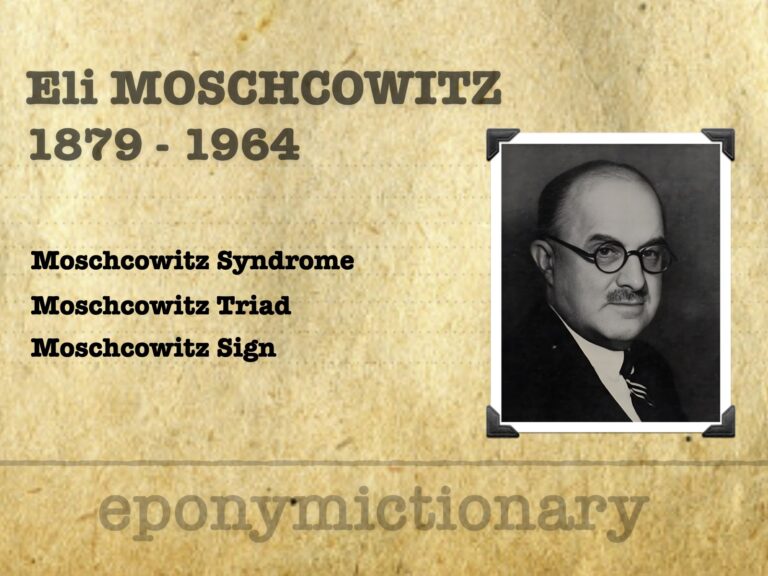
Eli Moschcowitz (1879–1964), pathologist who first described TTP and pioneered early psychosomatic medicine, influencing the biopsychosocial model.
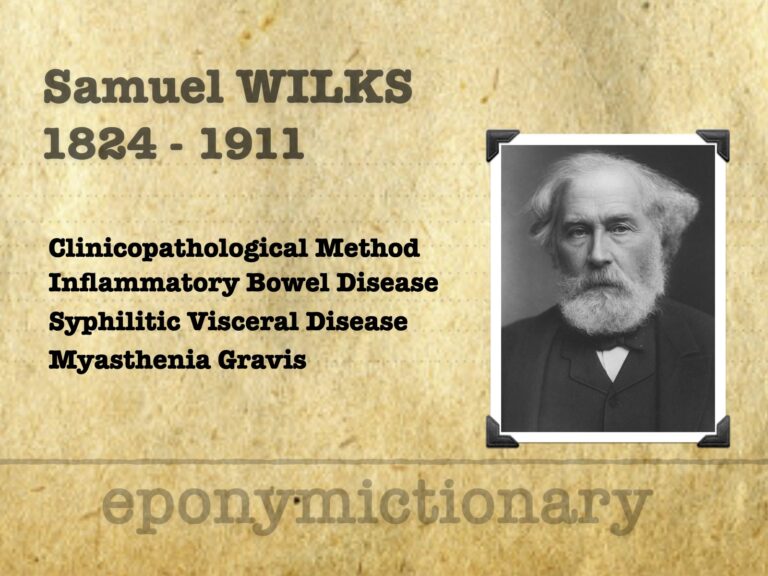
Sir Samuel Wilks (1824–1911), British physician, pioneered clinicopathological correlation, defined Hodgkin’s disease, and led Guy’s Hospital and RCP.

Acute abdomen is abdominal pain in the presence of tenderness and rigidity and is a surgical emergency. Abdominal pain can be considered in terms of surgical, Ob/Gyn and medical causes.
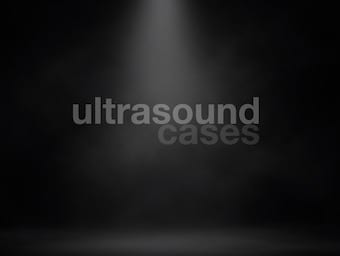
A 22 year old man presents with abdominal pain and diarrhoea. He has 3 months of intermittent diarrhoea sometimes with blood, accompanied with weight loss and abdominal discomfort.